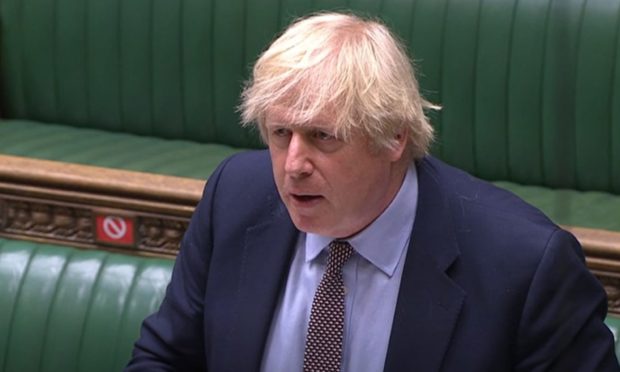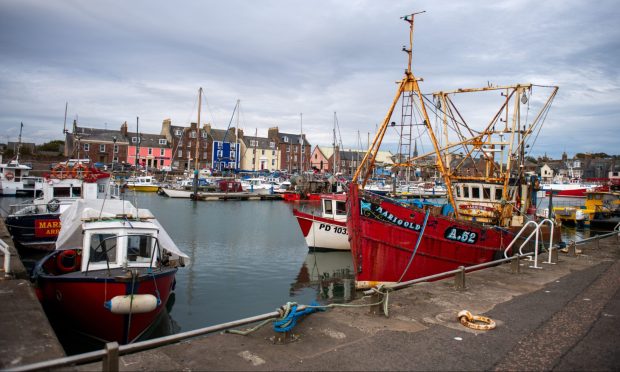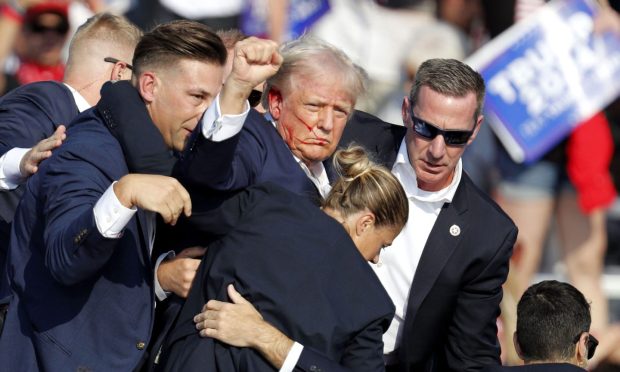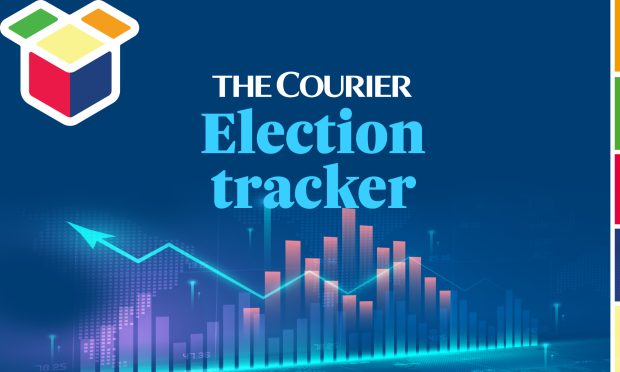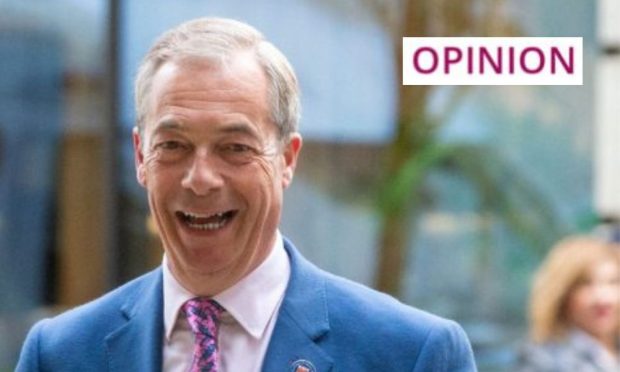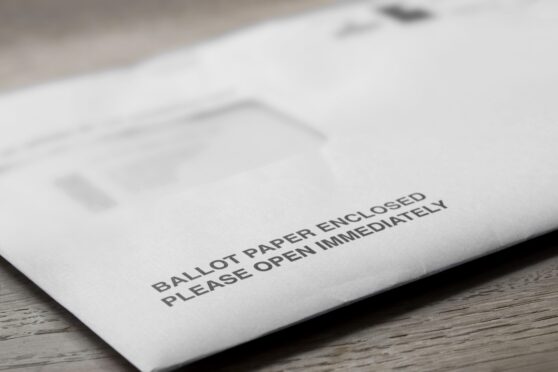Boris Johnson’s decision not to put Britain in lockdown sooner “has cost a lot of lives”, one of the UK Government’s leading scientific advisers has said.
Professor John Edmunds, who sits on the Scientific Advisory Group for Emergencies (Sage), said the issue was his main regret in the handling of the crisis.
Prof Edmunds also warned the epidemic was “definitely not over” and cautioned the prime minister against loosening lockdown measures too quickly as it could mean infections coming back very fast.
It comes as the UK recorded the deaths of another 77 people who tested positive for coronavirus.
Scotland recorded no new coronavirus deaths for the first time since lockdown began, while Northern Ireland reported no new deaths for a second time.
Prof Edmunds, appearing on BBC’s Andrew Marr show, said: “We should have gone into lockdown earlier.
“I think it would have been hard to do it, I think the data that we were dealing with in the early part of March and our situational awareness was really quite poor.
“So I think it would’ve been very hard to pull the trigger at that point, but I wish we had.
“I wish we had gone into lockdown earlier. I think that has cost a lot of lives unfortunately.”
Responding to the comments, health secretary Matt Hancock told the programme there was a “broad range of scientific opinion” on the Sage committee and that ministers had followed the advice of the chief medical officer.
“I think we took the right decisions at the right time”, he said.
“There’s a broad range on Sage of scientific opinion and we were guided by the science, which means guided by the balance of that opinion as expressed to ministers through the chief medical officer and the chief scientific adviser.
“That’s the right way for it to have been done.”
Prof Edmunds also said he believed the virus infection rate needed to be lower before lockdown condition were eased any further.
“I would still prefer to see the cases come down lower than they are at the moment,” he said.
“The ONS survey suggests we’re having around 5,000 new infections every day and that’s just in the community and just in England – excluding Northern Ireland, Wales and Scotland – that’s excluding all the infections occurring in hospitals and care homes which are very significant numbers still.
“And so I would like to see the cases come further down, that’s my own personal opinion. But the government have to weigh these things up, of course they do.”
The comments come amid reports that the prime minister has drawn up further plans to ease lockdown in England in the coming weeks to stop millions of job losses.
Churches and places of worship south of the border will be allowed to reopen for private prayer from June 15 – the same day non-essential shops begin to reopen.
The prime minister is also said to be drawing up plans for outdoor and small indoor weddings, and for pubs and cafes to resume outdoor dining, in the coming weeks.
Mr Johnson is expected to give a major speech in the coming weeks about reopening the economy, followed by an economic package from the chancellor in July.
Meanwhile, transport secretary Grant Shapps has reportedly been ordered to secure “travel corridor” deals with some countries by 28 June to allow some overseas holidays to go ahead.
Downing Street said any alterations to lockdown measures in the coming weeks would depend on the government’s five tests continuing to be met, in order to prevent a second spike in the virus and stop the NHS being overwhelmed.
